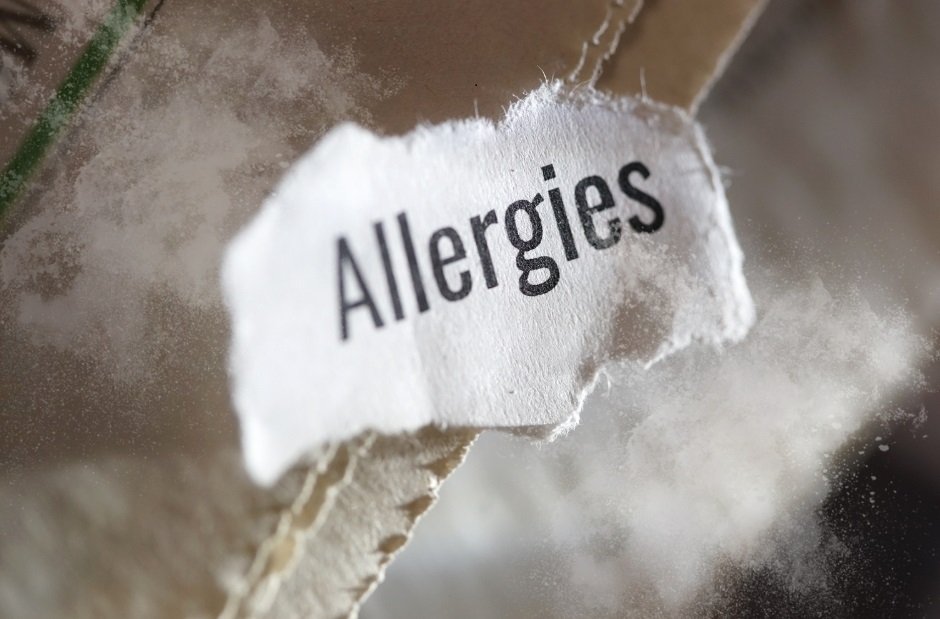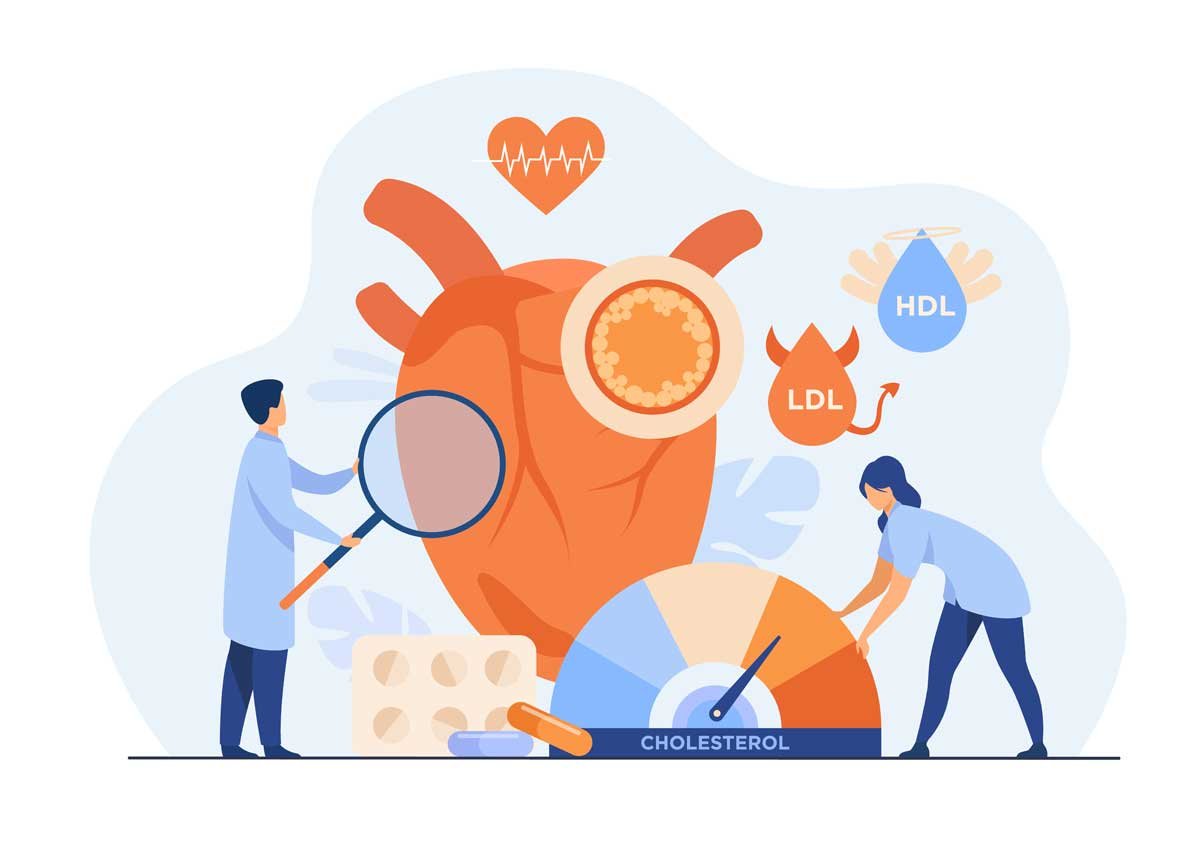The Complete Guide to High Cholesterol: Symptoms, Causes, Diagnosis, Treatment, and Prevention
High cholesterol is a state marked by increased levels of cholesterol in the bloodstream. Cholesterol is a fatty substance crucial for the construction of cell membranes and the production of hormones. However, excess cholesterol can cause plaque buildup in blood vessels, increasing the risk of cardiovascular problems. This guide aims to provide a comprehensive understanding of high cholesterol, from its symptoms to preventive measures.
What is high cholesterol?
High cholesterol is defined by elevated levels of cholesterol in the blood, specifically low-density lipoprotein (LDL) cholesterol. LDL cholesterol is often called “bad” cholesterol because high levels can cause plaque to build up in your arteries, narrowing them and potentially causing blockages.
Symptoms of high cholesterol
One of the challenges of high cholesterol is that it usually has no noticeable symptoms. People may not realize their elevated cholesterol levels until it causes more serious complications, such as heart attacks or strokes. Regular cholesterol screenings, especially for those with risk factors, are essential for early detection.
Causes of high cholesterol
- Unhealthy diet: Diets high in saturated and trans fats contribute to high cholesterol levels. Foods like red meat, full-fat dairy products, and processed snacks can increase LDL cholesterol.
- Genetics: Family history plays a crucial role. Some people inherit a tendency to have high cholesterol levels, even if they maintain a healthy lifestyle.
- Age and gender: Cholesterol levels typically rise with advancing age. Before menopause, women typically have lower LDL cholesterol levels than men, but this pattern may change after menopause.
Diagnosis
- Blood cholesterol test: A lipid panel is a blood test that measures levels of total cholesterol, LDL cholesterol, high-density lipoprotein (HDL) cholesterol, and triglycerides. It is common to fast before the test to get accurate results.
- Interpretation: Results are interpreted based on recommended levels. Elevated levels of LDL cholesterol and triglycerides, as well as low levels of HDL cholesterol, may indicate the need for intervention.
Treatment of high cholesterol
- Lifestyle changes: Adopting a heart-healthy diet, emphasizing fruits, vegetables, whole grains, and lean proteins, can positively affect cholesterol levels. Regular exercise is crucial for increasing HDL cholesterol and promoting overall cardiovascular health.
- Medications: Statins are commonly prescribed to lower LDL cholesterol. Other medications, such as bile acid sequestrants or PCSK9 inhibitors, may be considered depending on individual needs.
- Supplements: Omega-3 fatty acid supplements, found in fish oil, can help reduce triglyceride levels. However, it is essential to consult with a health professional before incorporating supplements.
Prevention
- Healthy diet: Reduce saturated and trans fats by choosing lean proteins, opting for low-fat dairy, and using heart-healthy oils. Incorporate foods rich in fiber to help reduce cholesterol.
- Regular exercise: Get at least 150 minutes of moderate-intensity exercise per week. This may include activities such as brisk walking, jogging, or cycling.
- Stop smoking: Smoking damages blood vessels, lowers HDL cholesterol and increases the risk of atherosclerosis. Quitting smoking is a crucial step for heart health.
- Limit alcohol consumption: While moderate alcohol consumption may have some cardiovascular benefits, excessive alcohol consumption can lead to elevated cholesterol levels. Moderation is key.
Remarks
High cholesterol is a major risk factor for cardiovascular disease, but with awareness and proactive measures it can be effectively controlled. Regular cholesterol screening, lifestyle modifications, and adherence to prescribed medications can help maintain optimal heart health. Consulting with health professionals for personalized advice and follow-up is essential for people with high cholesterol.













